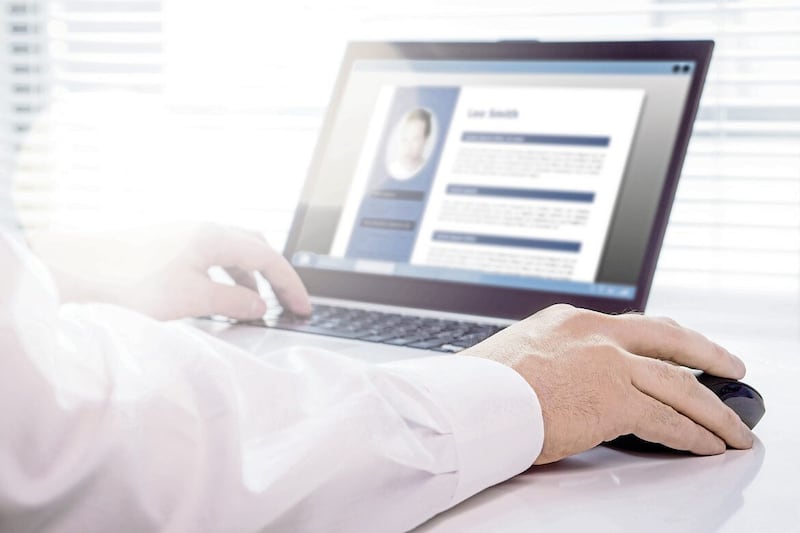NOTHING about Covid-19 can be described as a ‘success’, in the context of not only many personal tragedies, but also the sledgehammer effect that the pandemic has had on many economies.
One of the aspects of the sorry saga that has however provided at least some chinks of light amidst the understandable gloom has been the substantial financial assistance provided by the Treasury to protect businesses and livelihoods in the UK, with Northern Ireland receiving its fair share.
Over £30 billion has already been provided, with further support recently announced given the imminent end of the furlough scheme.
But the Finance Act 2020, which received Royal Assent during the summer, imposes a tax liability on any person who receives a Covid-19 support payment to which they are not entitled.
From the government’s perspective, they are seeking to claw back some payments which may have been wrongly claimed including through the furlough scheme; the self-employment income support scheme; and the coronavirus statutory sick pay rebate scheme.
Any business or individual that has previously received one of these payments to which it was not entitled has been given until October 20 to notify HMRC of any issues, failing which they could face penalties.
In addition to this, businesses could be considered ineligible for a furlough payment if there was a change in circumstances after the payment was made or if an employer has not, within a reasonable period, used the amount to pay the costs which it was intended to reimburse, such as employee salaries.
As the clock ticks down, businesses would be wise to take steps to ensure they are not adversely affected by these potential tax liabilities which will be taxed at the rate of 100 per cent.
Even if a business has since become insolvent, officers and managers should be aware that they could become liable for the tax, if they knew that the company was not entitled to the payment.
If businesses take the responsible steps to review their own position now, a costly investigation by HMRC can be avoided. Those tasked with conducting this internal review would be wise to consider all associated records and payments that have been made since March.
Another potential avenue to explore would be employee sampling where evidence has been collected showing employees were not requested to work whilst on furlough. If inconsistencies are discovered, these should be investigated further ahead of disclosing to HMRC.
There is no doubt that the past six months will have been some of the most challenging ever for businesses. Information and guidance was being constantly updated, sometimes even on a daily basis, which means that potential but genuine errors are likely.
Despite this, it is important to highlight that HMRC will assume that all errors were made consciously, even those that think they have acted in good faith.
To avoid this scenario, businesses must act ahead of the October 20 deadline and should seek advice from trusted legal advisers.
Businesses have been through enough already this year and the last thing any will need or want is an avoidable fight with HMRC.
:: Matthew Howse is partner (litigation and dispute management) at Eversheds Sutherland Belfast









